The Al-Warith Academy for Sustainable Development and Strategic Studies, affiliated with the Imam Hussain Holy Shrine, has announced expanded cooperation with several Iraqi universities to enhance academic and research collaboration in the fields of environment and sustainable development.
Dr. Karar Nadhim Al-Husseini said that “the Academy is working to establish an Expert Council that includes representatives from relevant ministries and government institutions to prepare scientific studies and reports supporting the country’s efforts in combating desertification, improving agriculture, water management, and environmental protection.”
He explained that “the council aims to monitor and study environmental and climate realities in Iraq, analyze their impact on water and food security, and propose policies and programs that achieve environmental, food, and water security as part of a sustainable national strategic vision.”
Al-Husseini further stated that “the council will operate as an organizational unit within the Strategic Studies Division of Al-Warith Academy. Its chairperson will be a senior expert or academic in the fields of environment, agriculture, or water, responsible for data collection, analysis, and research project management. The council will include specialized committees in environmental studies, climate change, water security and resource management, food security and sustainable agriculture, future studies, and strategic analysis.”
He pointed out that the Academy’s delegation visited several universities — including the University of Tikrit, where they met with the Assistant for Scientific Affairs, Dr. Hassan Hussein Iskandar; the University of Mosul and its Assistant for Scientific Affairs, Dr. Abdul Rahim Ibrahim; and the University of Kirkuk, where they met with the Assistant for Scientific Affairs, Dr. Abdullah Ali Muhammad Tamim. Discussions focused on activating cooperation in joint research, conducting studies, organizing seminars and workshops, and exchanging expertise in areas such as combating desertification, water resources, and clean energy.
Al-Husseini highlighted that “the council’s work mechanisms include preparing an annual action plan adopted by the Strategic Studies Division and incorporated into the Academy’s general strategy, issuing periodic strategic reports and publications, and holding regular meetings (quarterly and annually) to discuss developments and research outputs.”
He added that “cooperation will also extend to national and international research centers through memorandums of understanding supervised by the Academy, organizing closed dialogue sessions to formulate recommendations for executive authorities, and involving postgraduate students and researchers in council projects to help build a specialized research generation.”
He noted that the council’s strategic partnerships will include:
Locally: the Ministries of Environment, Agriculture, Water Resources, Higher Education, and Planning.Internationally: the United Nations Environment Programme (UNEP), the Food and Agriculture Organization (FAO), and UNESCO.Academically: Iraqi universities and research and future studies centers.Media: collaboration with environmental agencies and specialized media outlets to spread environmental awareness.Al-Husseini affirmed that “the council will serve as a strategic tool to support scientific research and national decision-making and enhance sustainable development in Iraq through integrated scientific and practical initiatives.”



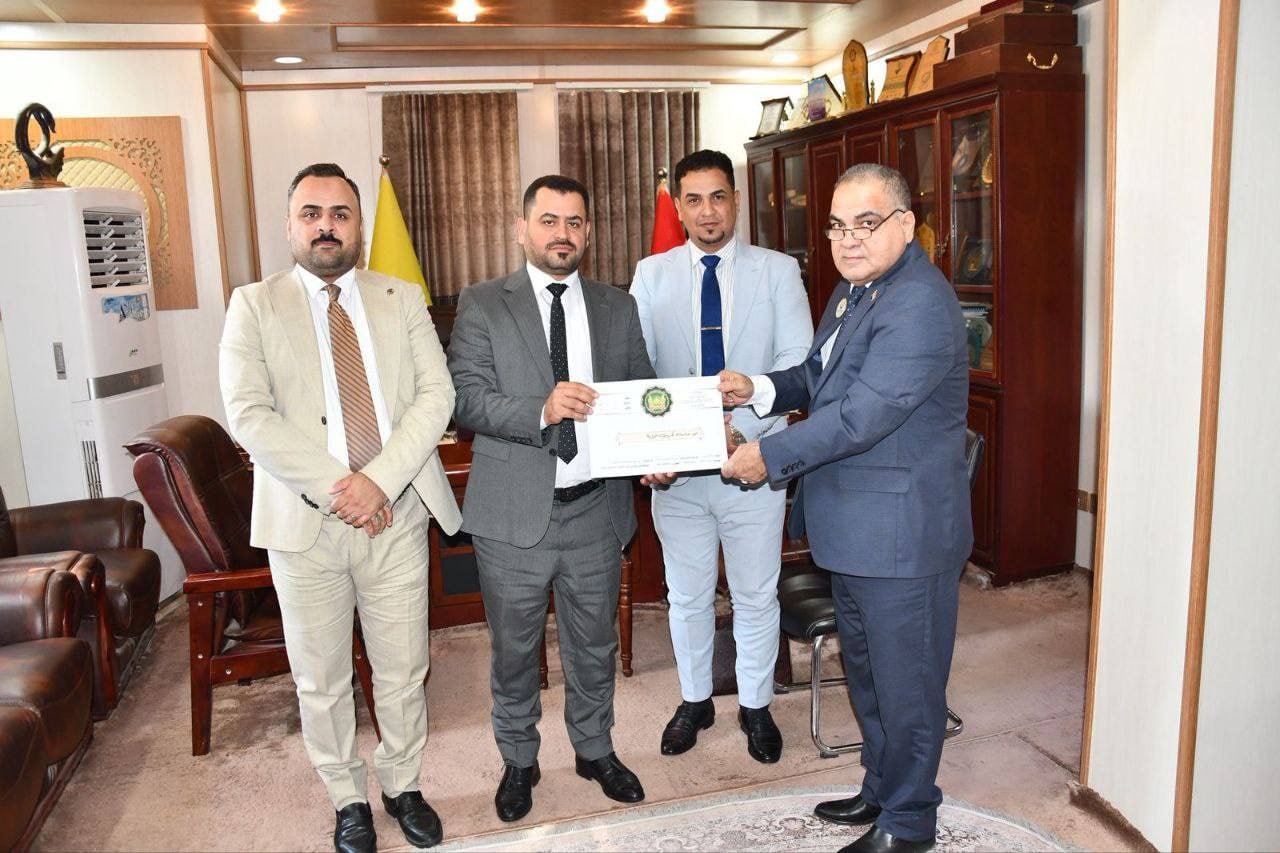
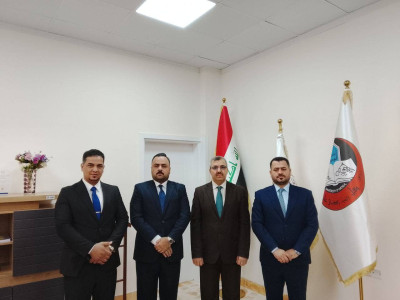
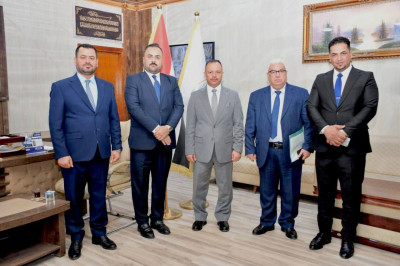
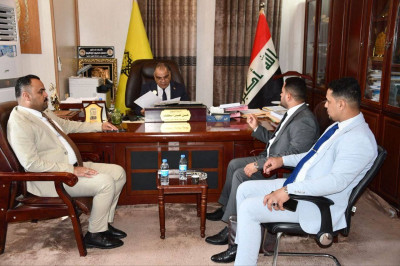
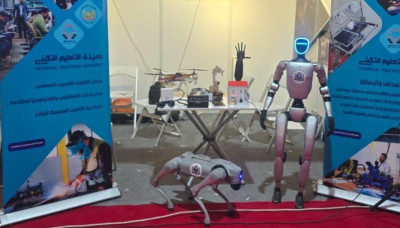
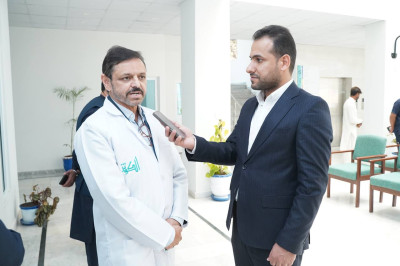
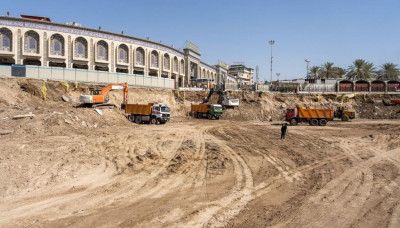
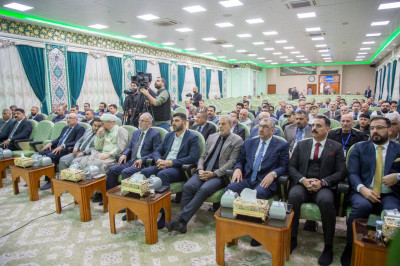











اترك تعليق